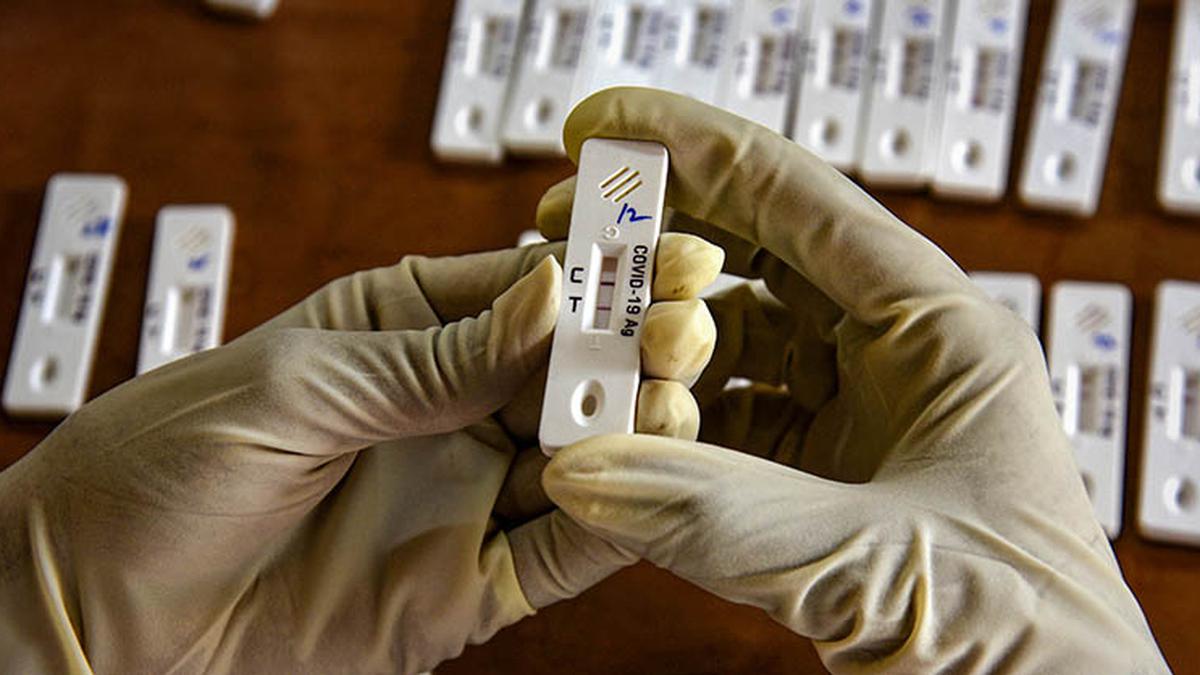
Covid sub-variant JN.1: INSACOG says 196 cases detected in India
The Hindu
196 cases of COVID-19 sub-variant JN.1 detected in 10 states/UTs; Centre urges vigilance as active cases rise.
A total of 196 cases of COVID-19 sub-variant JN.1 have been detected in the country so far, with Odisha joining the list of states that have detected the presence of the variant, according to the INSACOG's (Indian SARS-CoV-2 Genomics Consortium) data updated on January 1.
Ten states and Union territories have so far detected the presence of the JN.1 sub-variant of the virus.
Also read: Clarifying the current protocols for JN.1 Covid-19 infections
These states are Kerala (83), Goa (51), Gujarat (34), Karnataka (eight), Maharashtra (seven), Rajasthan (five), Tamil Nadu (four), Telangana (two) Odisha (one) and Delhi (one), according to the Indian SARS-CoV-2 Genomics Consortium (INSACOG).
The INSACOG's data showed 179 Covid cases recorded in the country in December had the presence of JN.1, while 17 such cases were detected in November.
The World Health Organisation (WHO) has classified JN.1 as a separate "variant of interest" given its rapidly-increasing spread, but said it poses a "low" global public health risk.
The JN.1 sub-variant of the coronavirus was previously classified as a variant of interest (VOI) as part of the BA.2.86 sub-lineages, the parent lineage that is classified as a VOI, the world body said.











